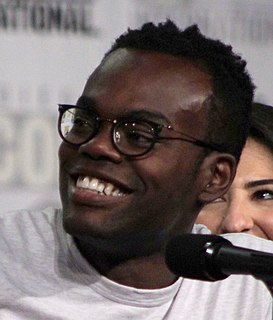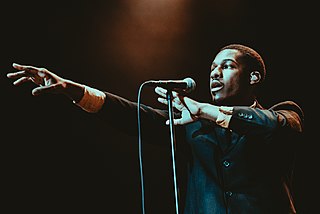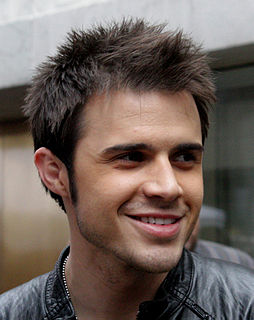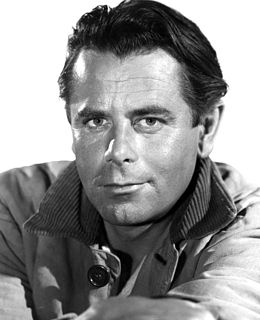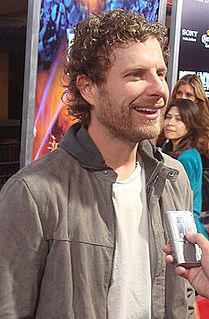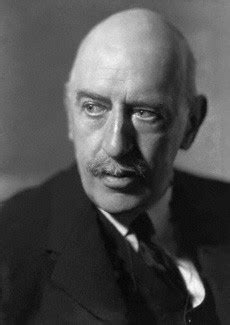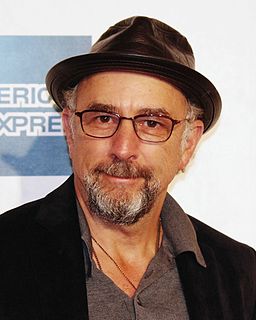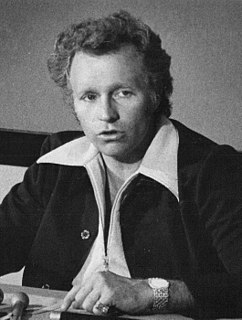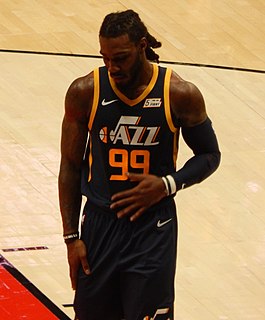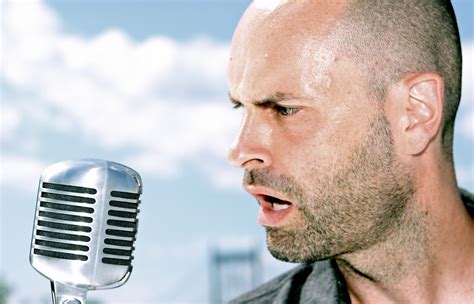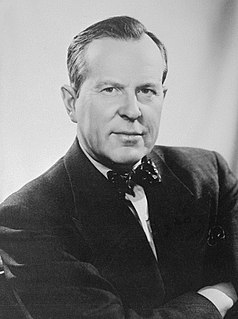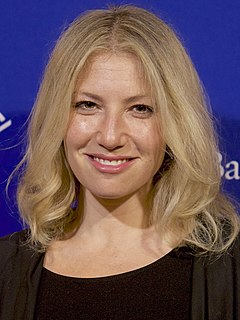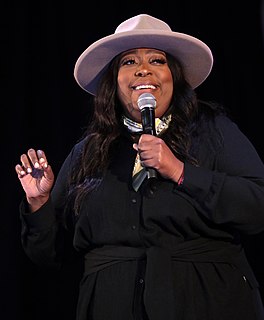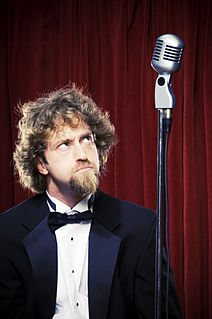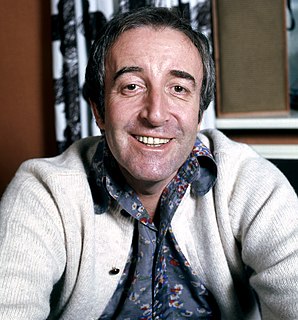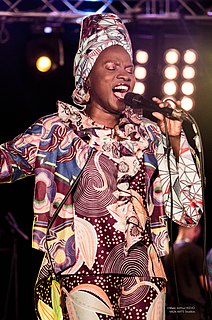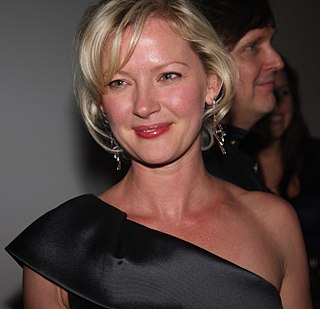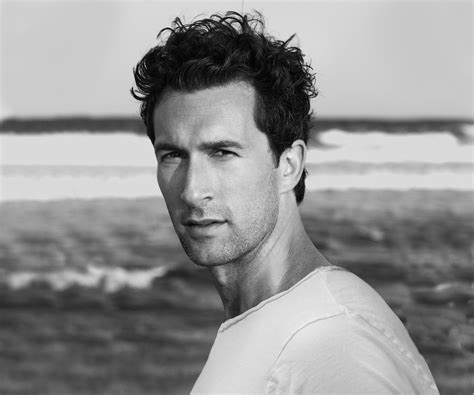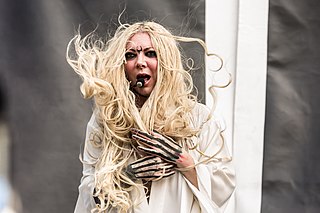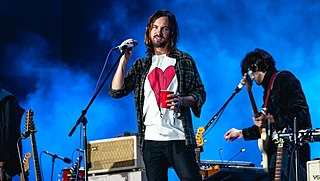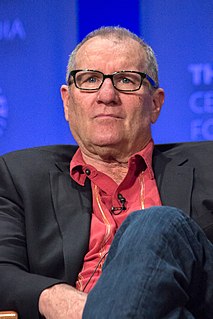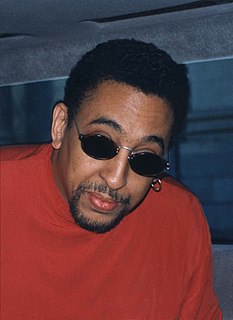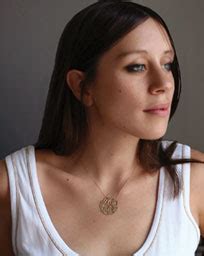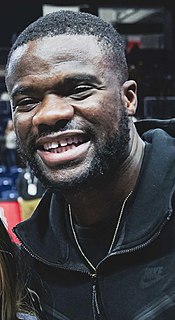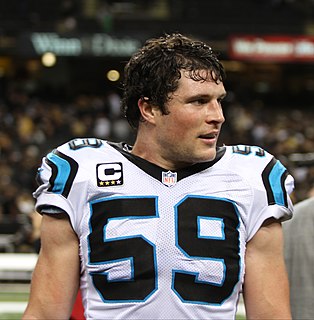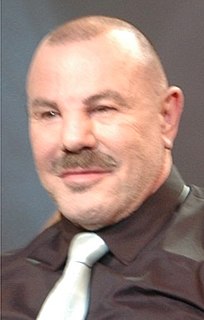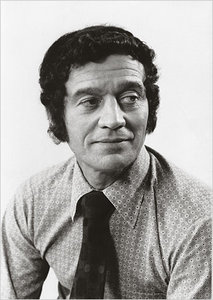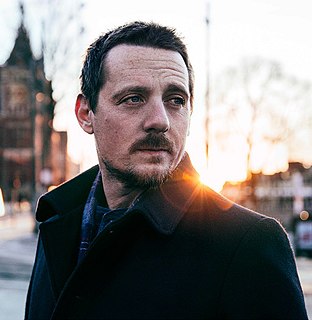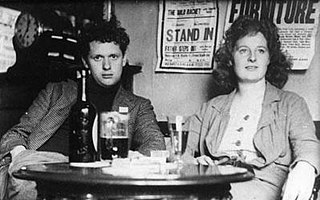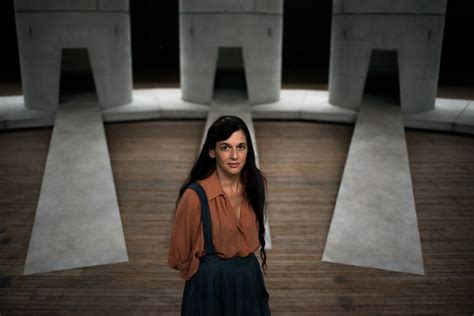Top 1200 Stage Play Quotes & Sayings - Page 6
Explore popular Stage Play quotes.
Last updated on December 19, 2024.
One of the things I do tell young women, if they want to pursue a career in acting, is to get good stage training. It is essential to have a good basis in stage technique. You can move into film easily, and acquire more skill and more understanding, but you can't necessarily go the other way around. For women, longevity of career will very much be on stage.
I can feel how an audience is reacting when I'm on a stage, but when you are on stage, your perception is distorted. That's something you just have to know. It's like pilots that fly at high Gs and they lose, sometimes, consciousness and hand/eye coordination and they just have to know that that's going to happen. They have to be trained to not try to do too much while they are doing that. So when you are on stage, you have to be aware that you are wrong about how it feels a lot of times.
My first mentor and inspiration was my Irish Dancing teacher Patricia Mulholland. She created her own form of dance known as Irish ballet and created stage productions of old Irish myths and legends. They were my first experiences on stage. She told my mum I was destined for the stage, and I took that as my cue.
I started by doing a little funny story, and then I started going to open mics. I realized I had a lot of work to do - you have to get over the stage fright and get your stage presence up. It took me some time, but I finally feel that I'm at a point where I feel comfortable on stage and giving my point of view.
Stage is so important because it teaches me how to convey character with words - how to convey how a character reacts by the way they appear on stage. I can usually tell a playwright from someone who has never written for the stage. Did the character work? Did the dialogue reveal who the character is?
The "stage" on which you perform in film and TV is much smaller. Moving your eyes across the frame is equivalent to crossing from stage right to stage left in a big Broadway house. Coming from a theatrical background and temperament, this is something I am still learning. However, I think ultimately your responsibilities to the character and the overall story are the same in both mediums, so my approach felt very similar.


